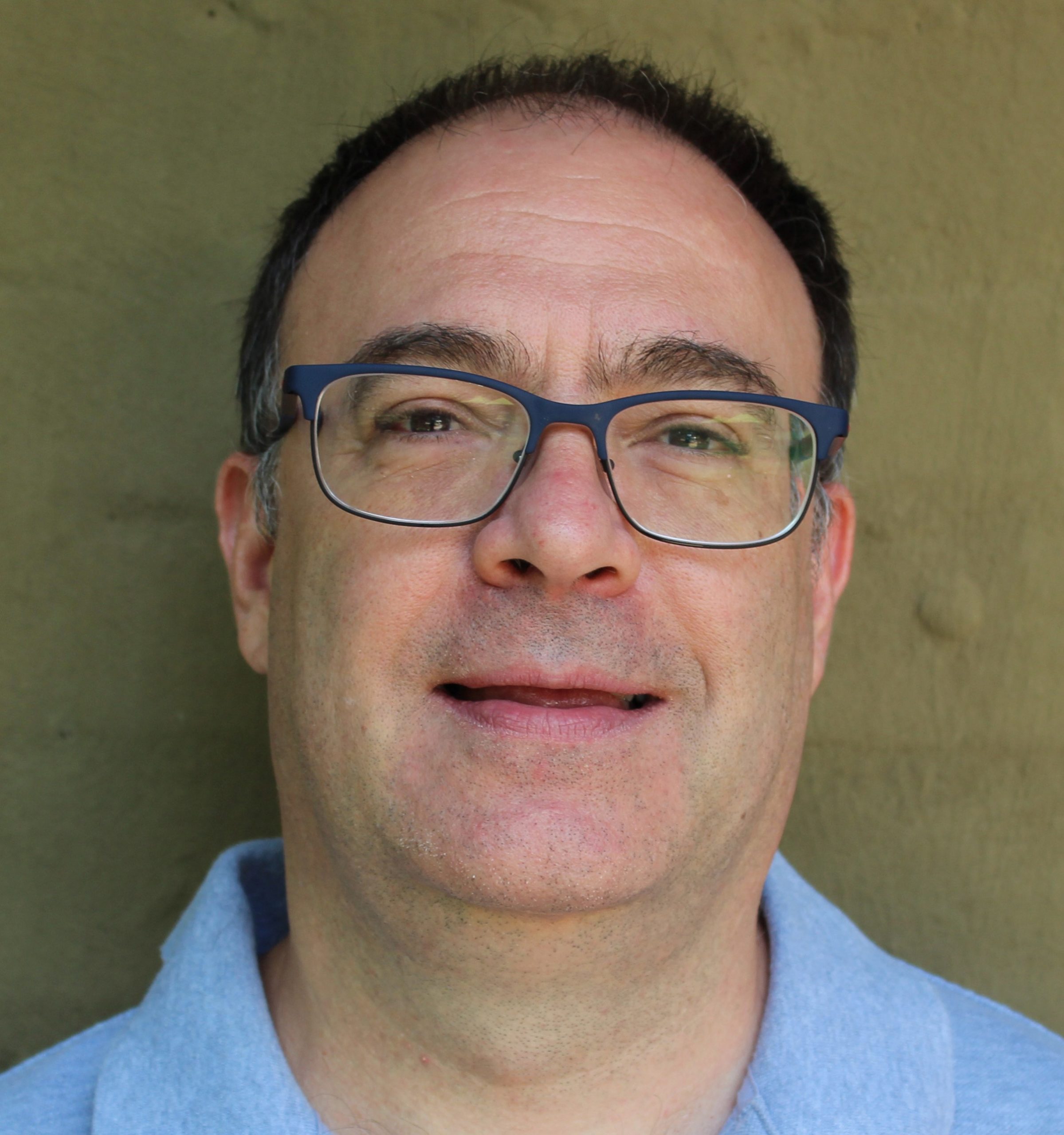click to dowload our latest edition
CLICK HERE TO SUBSCRIBE TO OUR NEWSLETTER


Published
10 months agoon
By
Steven GruzdOn the night of 27 June, French police shot dead a 17-year-old of Algerian heritage named Nahel M in the Parisian suburb of Nanterre. Nahel, a delivery agent, attempted to flee the scene when police asked for his documents. Shots were fired, and he was killed by a bullet in the chest.
His death triggered violent protests in the capital, spreading to most of France’s other major metropolitan areas on subsequent nights, over the weekend, and into the next week. Hundreds of cars were torched, windows were smashed, and stores were looted. More than 45 000 extra police officers were deployed. Police, fire-fighters, and demonstrators clashed regularly, with many injured on both sides. As the madness of the mob took over, protesters defaced a memorial to Holocaust victims and members of the French resistance in Nanterre. Antisemitism also reared its ugly head in these protests.
During World War II, occupied France under the Vichy regime deported 200 000 Jews to Nazi concentration camps in the east of the Third Reich. They, as well as those who fought fascism, are commemorated by the Mémorial des Martyrs de la Déportation et de la Résistance (Memorial to the Martyrs of the Deportation and the Resistance) in Nanterre. Viral videos show rioters spray-painting graffiti on the memorial, including, “Police scum from Saint-Soline to Nanterre – don’t forgive or forget.”
There are also reports of a building close by having the words “Bitches, we are going to make you a Shoah” spray-painted on it, using the Hebrew word for the Holocaust.
The European Jewish Congress tweeted, “It’s truly horrifying to witness the Mémorial des Martyrs de la Déportation in Nanterre being vandalised. This shameful act of disrespect for the memory of the victims of the Holocaust must be unequivocally condemned and those responsible held accountable.”
Antisemitic chants were heard during the unrest, and firms were attacked in “Little Jerusalem”, the predominantly Jewish Parisian suburb of Sarcelles. Before the riots, official figures showed a 74% increase in antisemitic attacks in France last year.
Israeli Prime Minister Benjamin Netanyahu said on 2 July that Israel had been closely observing the “waves of antisemitism sweeping France. In recent days, we have witnessed criminal assaults against Jewish targets. We strongly condemn these attacks, and support the French government in its fight against antisemitism,” Netanyahu said.
France is no stranger to demonstrations – after all, the 1789 French Revolution stemmed from public protest against the monarchy. The French Jewish community – at 450 000, the third largest after Israel and the United States – is dreading a repeat of the antisemitic attacks of 2014, when Jewish-owned shops and synagogues were targeted during the war between Israel and Hamas in Gaza. The Gilets Jaunes (Yellow Jacket) social protests of 2017 also spawned antisemitic words and action from the far-right and the far-left, radical Islamists, anti-Zionists, and social conservatives.
What’s at the root of the latest riots? Like South Africa, France is a society of great inequality, with a chasm between rich and poor. Many of these poor are Muslim immigrants or their descendants, living on the outskirts of France’s cities. These neglected, forgotten communities are hotbeds for radicalistion. Unemployment is high, and trust in authorities – especially the police – is low. These communities face race and class discrimination, and many hate the French state. The death of Nahel ignited a powder keg of rage, despair, and hopelessness that the police has struggled to control. This isn’t an attempt to excuse the excessive violence, but to understand the context in which it has occurred.
The scenes of France aflame are reminiscent of the widespread mayhem unleashed by the death at the hands of police of George Floyd in the United States in 2020, which gave impetus to the Black Lives Matter movement (which at times also veered into Jew-hatred). South Africa has also recently witnessed the terror of a marauding mob. Following the imprisonment of former President Jacob Zuma in 2021, riots broke out throughout KwaZulu-Natal and in some parts of Gauteng, leaving at least R70 billion of damage in their wake, and many people injured and killed. The precariousness of South Africa’s social cohesion was exposed, and confidence in the rule of law in the country took a serious knock.
All too often, it seems that when society slips into violent turmoil and the security services aren’t able to control the situation, latent antisemitism boils to the surface. The Jews become a convenient scapegoat for all societal problems. Jewish businesses, houses of worship, and people are targeted, as are cemeteries and Holocaust memorial sites. We must do all we can to fight the falsehoods and halt the hatred. Hatred of all kinds is learned, not instinctual.
